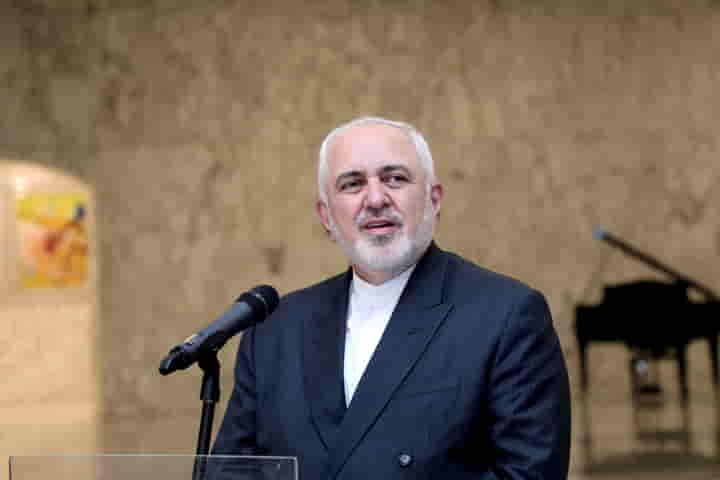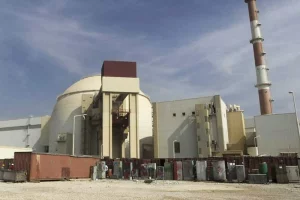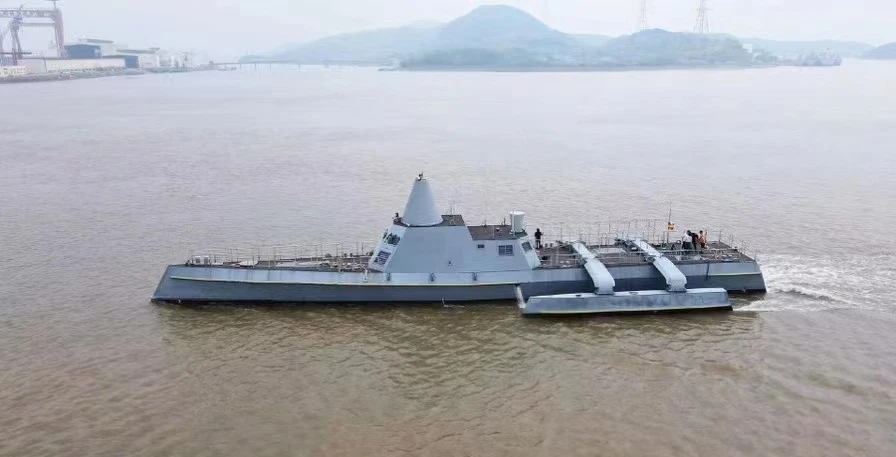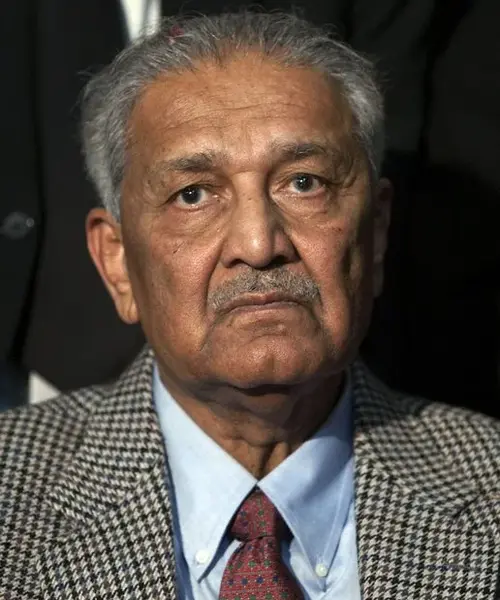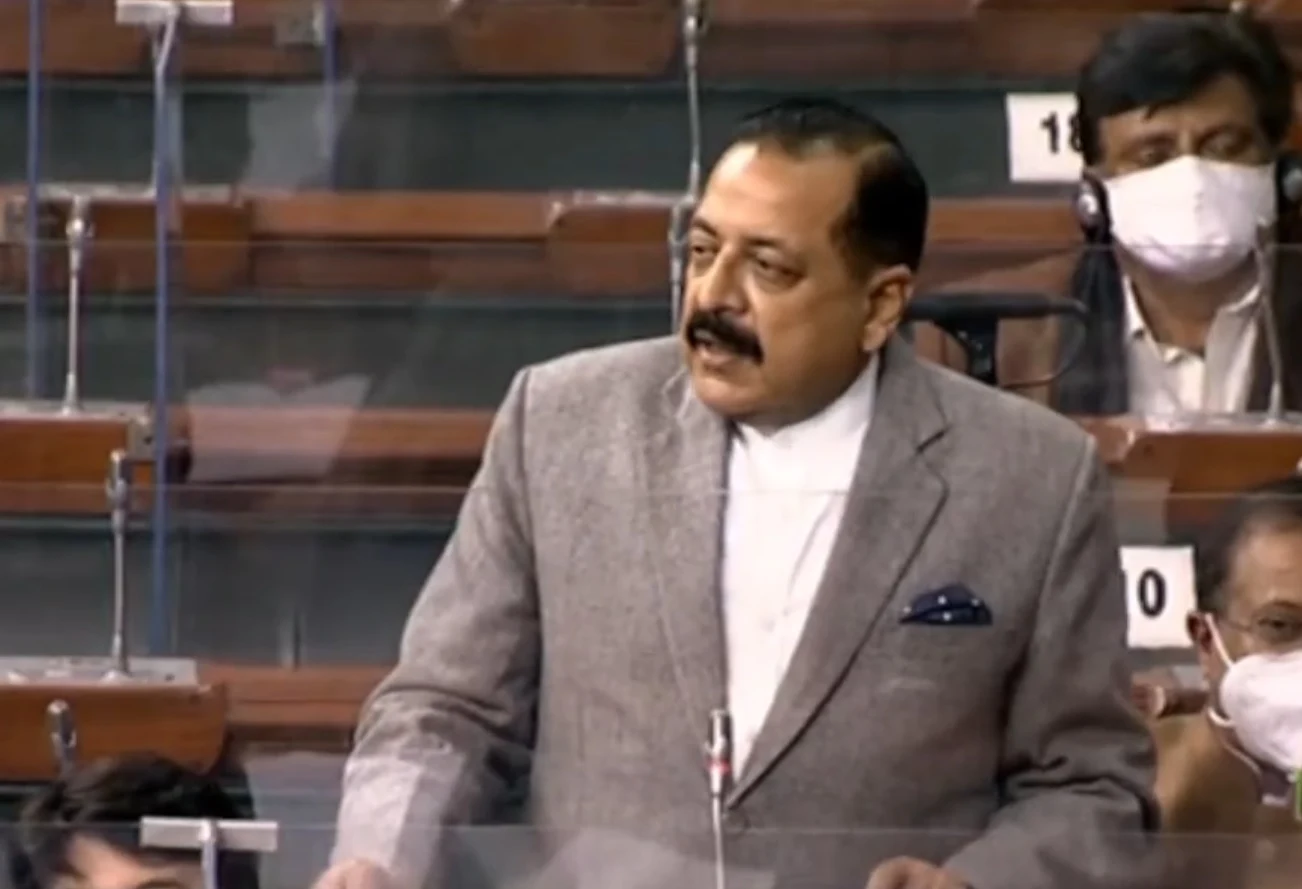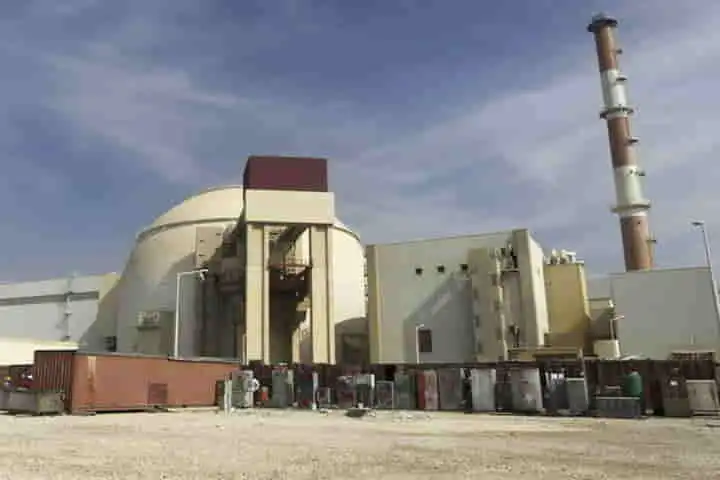Iran’s negotiating team for nuclear talks is set for a major purge, as the “moderates” cobbled together by outgoing foreign minister, Javad Zarif are likely to be shown the door, ahead of a new round of nuclear talks with the West.
Shortly after Ebrahim Raisi took over the presidency, replacing Hassan Rouhani, known for his reputation as a “moderate”, the knives were out against Zarif’s team, drawn mainly from the Iranian foreign ministry.
The hardline Islamic Revolutionary Guard Corps (IRGC), whose personnel are packed in the country’s Supreme National Security Council (SNSC), appear to be the chief gainers.
Also Read: Trapping of Iranian diplomats in Herat consulate triggers memories of the Mazar-e-Sharif bloodbath
Ali Shamkhani, the head of the SNSC, is expected to be inducted in the new theme.
In a commentary on Tuesday, the Javan newspaper, which often reflects thinking in senior parts of the Revolutionary Guards (IRGC), argued that President Raisi should transfer Iran’s management of nuclear negotiations with world powers to the SNSC, Iran’s hard-line daily Kayhan international reported.
The SNSC is obsessed to make a comeback after years of wilderness when the foreign ministry under the influential Zarif took up the cudgels during the talks.
Prior to 2013 prior to Rouhani’s arrival, it was the SNSC which was in charge of nuclear talks. Earlier Iran’s negotiating teams were led by SNSC secretaries Saeed Jalili (2007-2013), and Ali Larijani (2005-2007). Zarif’s team led the negotiations for nuclear talks, resulting in the signing of the Iranian nuclear deal with the five security council members and Germany.
Also read: Will Iran support guerrilla warfare to restore military balance in Afghanistan?
Javan anticipated that a new team of negotiators would give up "delusions" entertained by Rouhani of normalizing ties with Washington, including expanding trade and commerce with the US. Washington would no longer expect to "derail the nuclear and missile industries without offering anything in return,” the newspaper said.
Despite the return of the hardliners, rational pragmatism was likely to prevail with the foreign minister Hossein Amirabdollahian, known for his proximity to the IRGC making it plain that he was not averse to nuclear talks with the United States.






